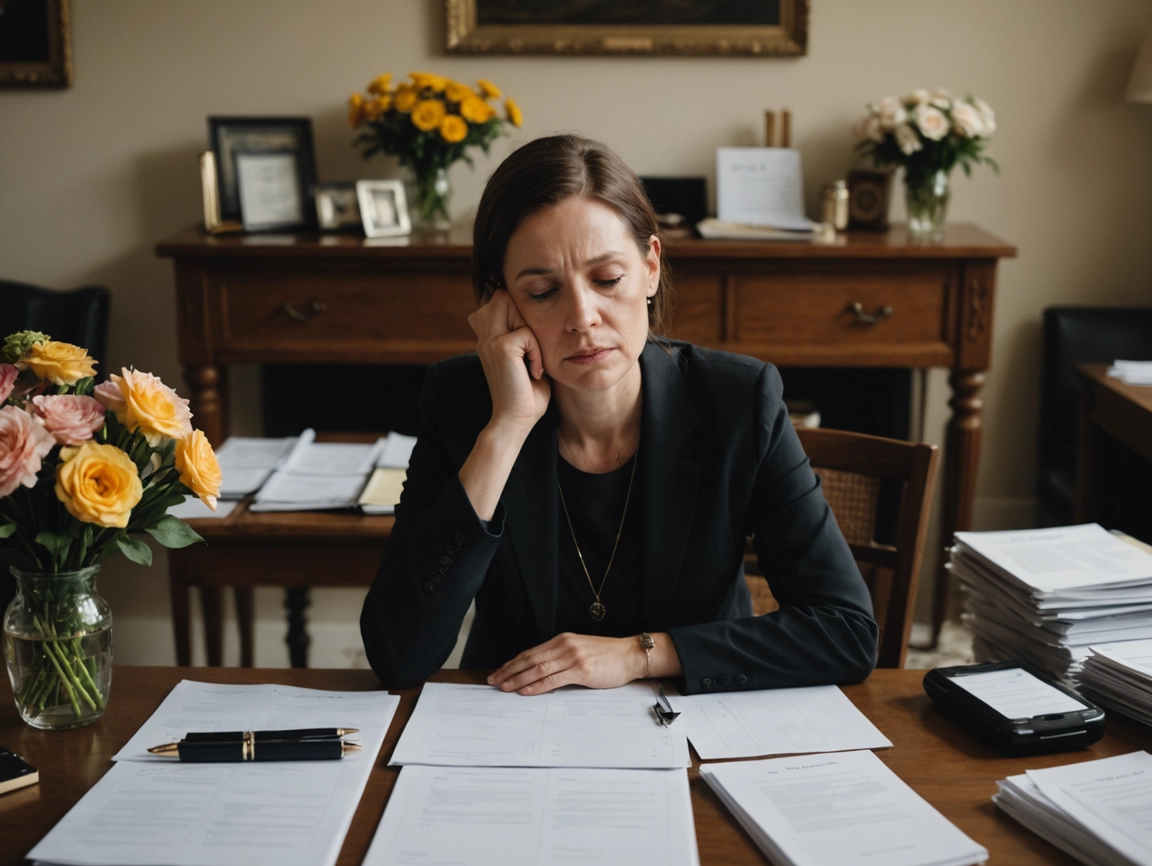In today’s diverse and multicultural world, cultural sensitivity in funeral planning is more important than ever. Respecting and honoring the cultural and religious practices of the deceased and their family can provide comfort during a time of loss and ensure that the funeral service is meaningful and appropriate. Here’s why cultural sensitivity matters and how to incorporate it into funeral planning.
Understanding Cultural Sensitivity
Cultural sensitivity involves being aware of, and respectful toward, the cultural differences and practices of others. In the context of funeral planning, this means recognizing and honoring the varied customs, rituals, and traditions that different cultures observe in their mourning and burial practices. It is about providing a service that aligns with the values and beliefs of the deceased and their family.
Why Cultural Sensitivity Matters
- Respect for Traditions: Funerals are deeply personal and often rooted in cultural or religious traditions. Respecting these traditions shows honor for the deceased and provides comfort to the grieving family.
- Inclusive Environment: Culturally sensitive funeral planning creates an inclusive environment where families from diverse backgrounds feel understood and respected.
- Meaningful Ceremonies: Incorporating cultural practices into funeral services ensures that the ceremonies are meaningful and reflective of the deceased’s identity and heritage.
Key Considerations for Culturally Sensitive Funeral Planning
- Open Communication:
- Ask Questions: Engage in open and respectful dialogue with the family to understand their cultural and religious needs.
- Listen Actively: Pay attention to their preferences, rituals, and any specific requirements they may have.
- Research and Knowledge:
- Learn About Traditions: Take the time to research and understand the cultural and religious traditions relevant to the family you are serving.
- Seek Guidance: Consult with cultural or religious leaders if you are unfamiliar with certain practices.
- Customizing Services:
- Incorporate Rituals: Include traditional rituals and customs in the service. This could involve specific prayers, readings, or ceremonial practices.
- Personal Touches: Use culturally significant symbols, colors, and music that resonate with the family’s heritage.
- Respect for Attire and Conduct:
- Dress Appropriately: Ensure that the attire of the funeral staff aligns with cultural expectations.
- Behavior: Be mindful of cultural norms regarding behavior, such as gestures, greetings, and body language.
- Flexible Arrangements:
- Adapt Services: Be flexible in accommodating different types of services, such as traditional burials, cremations, or other culturally specific methods.
- Respect Timelines: Some cultures have specific timelines for funerals and mourning periods. Be respectful and accommodating of these needs.
Examples of Cultural Sensitivity in Action
- Jewish Funerals:
- Quick Burial: Jewish tradition often requires that the burial takes place as soon as possible after death.
- Shiva: Providing support for the family to sit Shiva, a week-long mourning period, by offering appropriate services and resources.
- Hindu Funerals:
- Cremation: Hindus traditionally cremate their dead, with specific rituals performed at the cremation site.
- Rituals: Incorporating rituals such as the recitation of sacred texts and the use of specific flowers and incense.
- Muslim Funerals:
- Washing and Shrouding: Muslims have specific rituals for washing and shrouding the body.
- Prayers: Ensuring that the Janazah (funeral prayer) is performed and that the body is buried facing Mecca.
Conclusion
Cultural sensitivity in funeral planning is not just about following protocols; it is about showing deep respect and empathy for the deceased and their family’s cultural and religious beliefs. By incorporating these practices, funeral planners can create a supportive and respectful environment that honors the deceased and provides solace to their loved ones. At My Funeral Planner, we are committed to providing culturally sensitive services tailored to the unique needs of each family we serve. Contact us to learn more about how we can assist you in planning a respectful and meaningful funeral.






